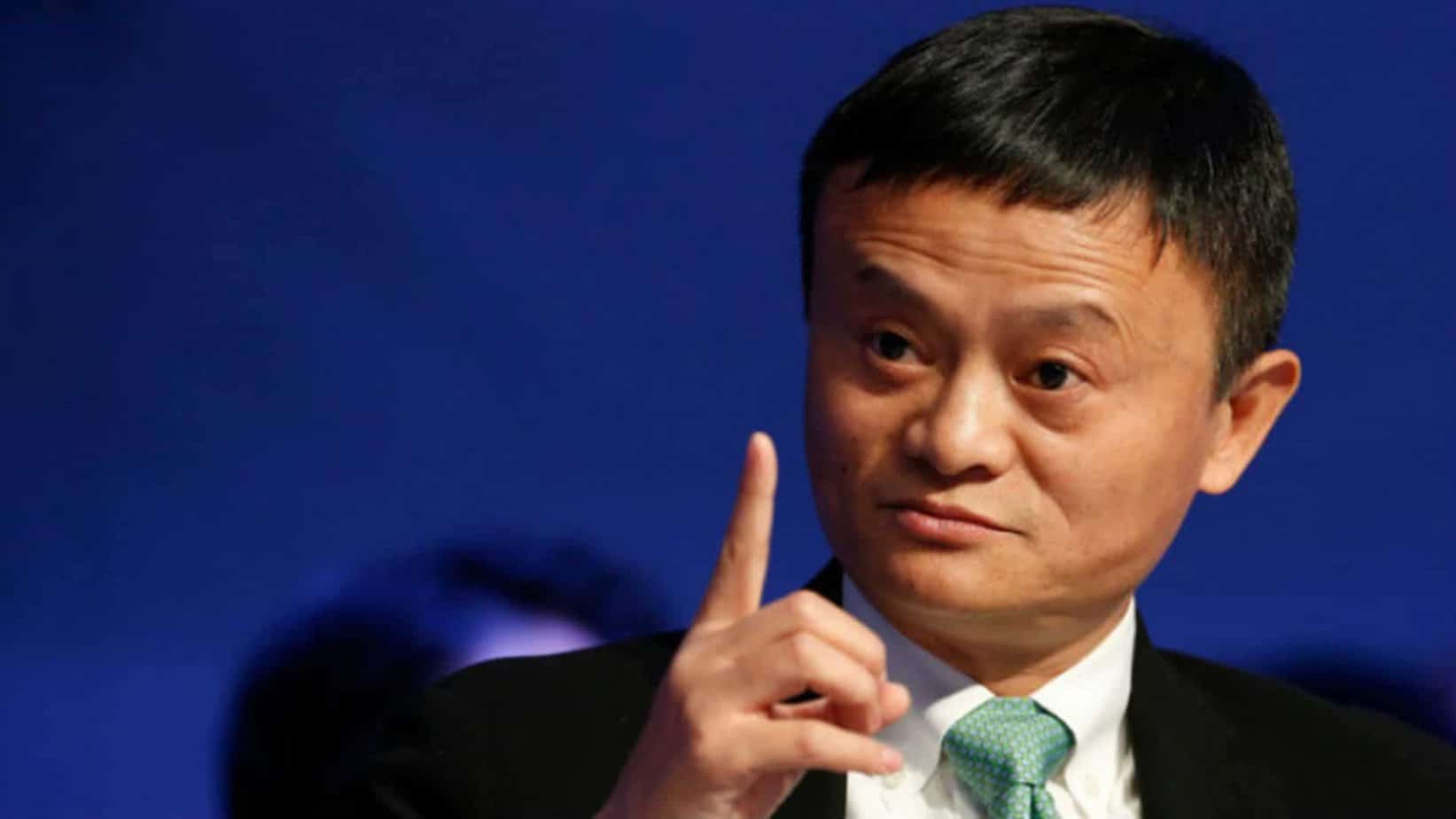The goal of many young people is to go to university, graduate, and find a job that allows them to live independently. However, in the job market, getting a job can be difficult—just like the story of the magnate Jack Ma, who was rejected over 30 times.
“I applied for jobs thirty times… and was rejected. I applied to the police, and they said: ‘No, you’re not good enough.’ I even applied to KFC when they came to my city; 24 people applied for the job, 23 were hired—I was the only one rejected.” – Jack Ma said in an interview at the 2015 World Economic Forum.
A curious mind generates innovative ideas—curiosity and vision are innate traits of Jack Ma’s entrepreneurial personality. Thanks to his different way of thinking, he founded Alibaba, the “Amazon of China”, and launched a high-tech business empire worth over $1 billion USD.
Why is Jack Ma famous?
At the age of 30, Jack Ma worked as an English teacher earning only $12 USD a month at a university in his hometown. In search of better income opportunities, he founded his first company in 1994: the Translation Agency Hangzhou Haibo.
A year later, a business trip to the United States as a translator for one of his clients completely changed his life. There, he interacted with the Internet for the first time and was inspired to later create China’s first internet company: “China Pages.”
It was similar to an online Yellow Pages, showcasing Chinese companies in English. The website was a notable success and caught the attention of a government-backed company with which he worked until 1998.
In 1999, equipped with experience from China Pages and his work with the government, Ma presented a business idea to a group of friends: “Alibaba”—a company with a vision for online markets.
After convincing them and working in isolation for 9 months in his apartment, Alibaba was officially launched in October 1999 at a press conference in Hong Kong.
Twenty years later, Jack Ma has become the richest person in China, one of the most successful entrepreneurs in the world, and a leader in his country’s unprecedented digital revolution.
The development of a curious mind
His real name is Ma Yun, and he was born on September 10, 1964, into a humble family in Hangzhou, the capital of Zhejiang province in China. He was raised without comforts or luxuries, under the strict Marxist rules of China’s communist regime.
Hangzhou was a remote and underdeveloped city, nearly isolated from the world. But the visit of then-U.S. President Richard Nixon in 1972 completely changed its economy.
The official visit boosted tourism in the region, and the locals’ economy improved significantly thanks to the money left by visitors.
Ma was never an outstanding student and often got into fights with classmates. But his curious mind sparked a strong desire to learn English when more and more English-speaking tourists began arriving in his city.
At just 12 years old, he rode his bike for about 60 minutes from his home to the Hangzhou International Hotel. There, he volunteered as a tour guide to practice his English.
It was as a guide that he was nicknamed “Jack” by a tourist, as it was easier to pronounce than his real name.
Ma applied to enter the Hangzhou Teacher’s Institute. After failing the entrance exam three times, he tried once more—and was finally accepted. He enrolled in a Bachelor’s degree program in English and graduated in 1988.
During school, Ma was the head of the student council. After graduation, and after several failed attempts, he eventually became a teacher of English and international trade at Hangzhou Dianzi University.
The first interaction with the Internet
In 1994, looking to improve his income, Ma founded “Hangzhou Haibo Translation Agency,” a small business offering Mandarin-to-English translation services.
In 1995, one of his clients—owner of an international company—asked Ma to accompany him on a business trip to the United States as his translator. Ma agreed, unaware that his life was about to change.
Upon arriving in the U.S., Ma was amazed by the level of industrial and technological development—a stark contrast to the limitations of the region he had always lived in.
His first interaction with the Internet left him in awe. A friend in Seattle sat him in front of a computer and said, “Jack, this is the Internet. Whatever you want, you can find it here.”
Curious, Ma typed in the word “beer” to test whether what his friend had said was true.
When the results appeared before his eyes, Jack was fascinated—but also puzzled when he noticed no Chinese companies showed up.
Digging deeper, he realized there was barely any information about China online. That’s when he saw the opportunity to create a platform for Chinese companies to be seen in the global market.
Upon returning from the trip, Ma took the first steps toward launching China’s tech revolution.
You have to try one more time
When telling his story, Jack Ma says:
“When I started Alibaba, I faced strong opposition from family and friends. Looking back, I realize that my biggest motivation at the time wasn’t confidence in making money online or in its potential, but rather this: ‘No matter what you do—regardless of success or failure—the experience itself is a kind of success. You have to keep trying, and if it doesn’t work, you can always go back to what you were doing before.’”
Find many books about Jack Ma HERE!
Check out our blog for interesting articles on any topic!

